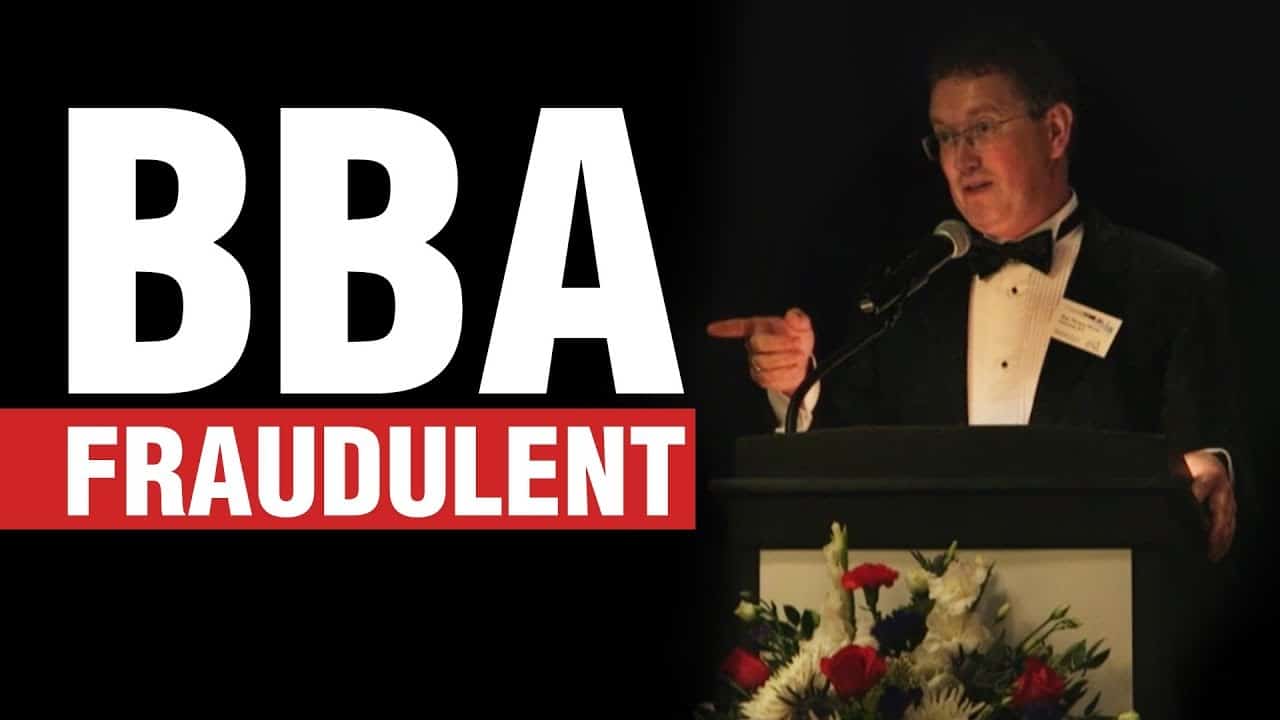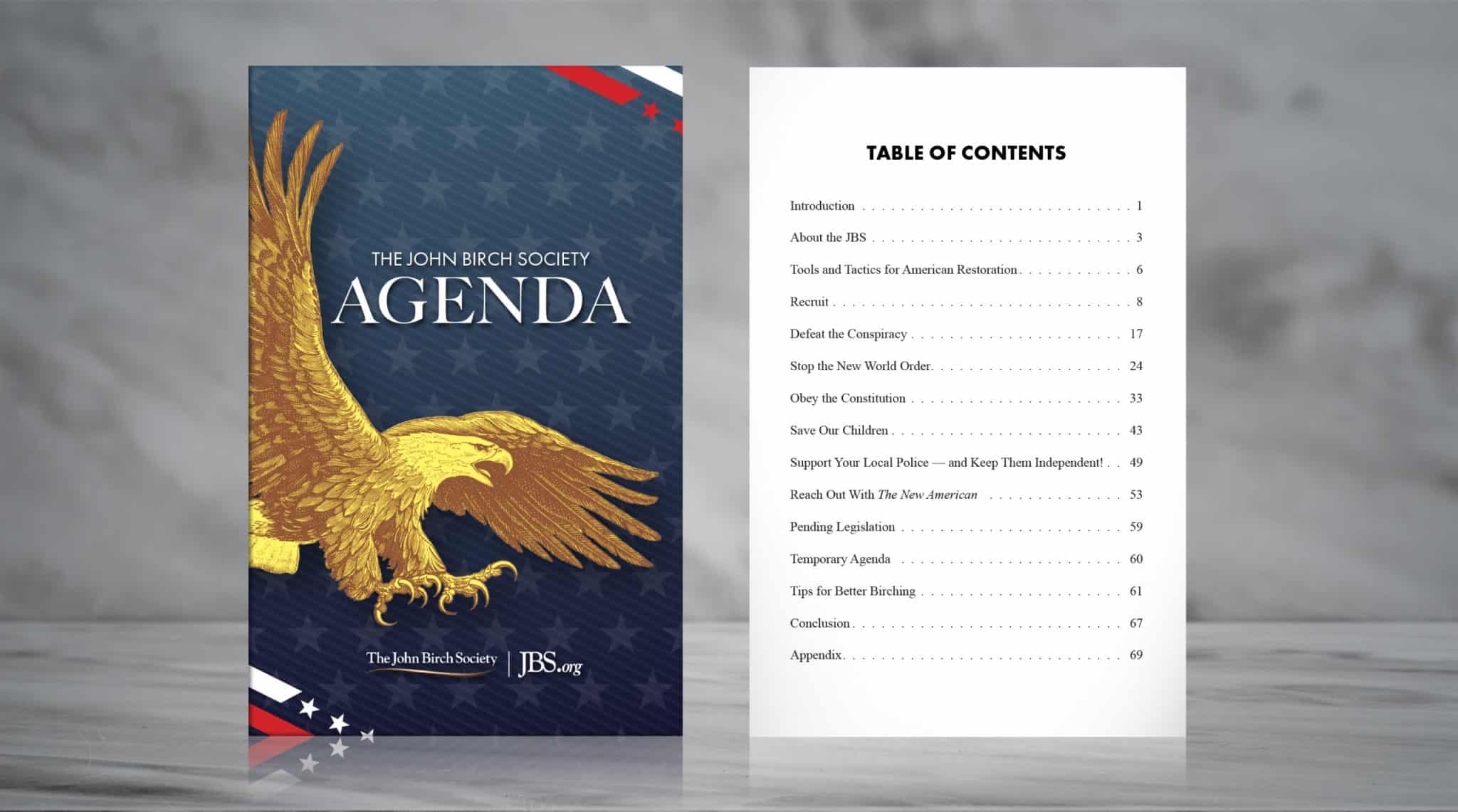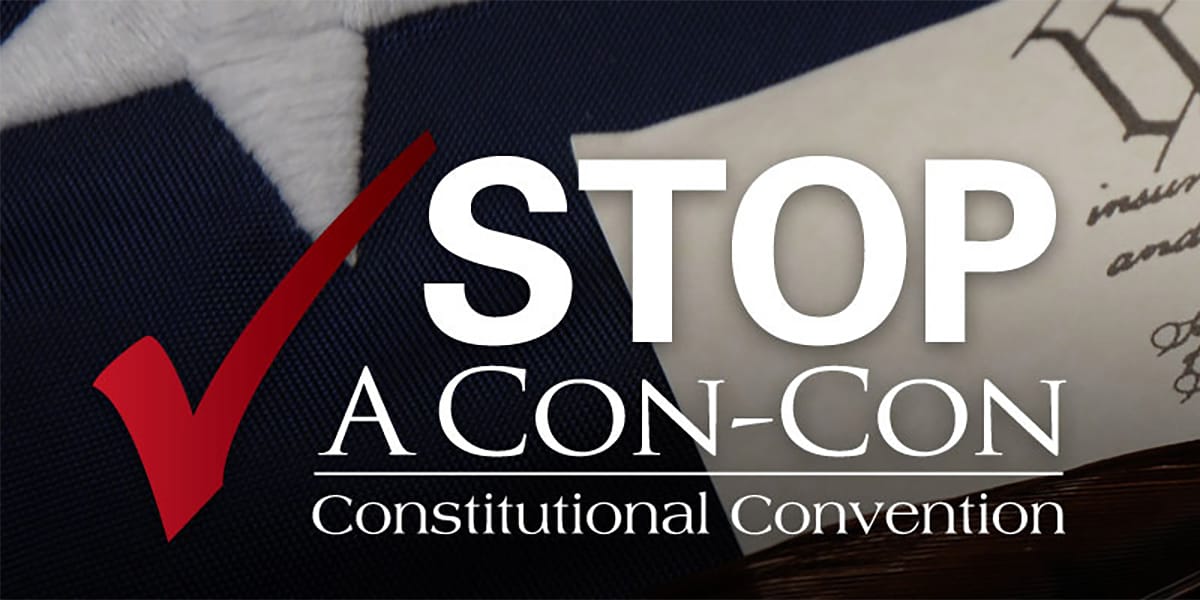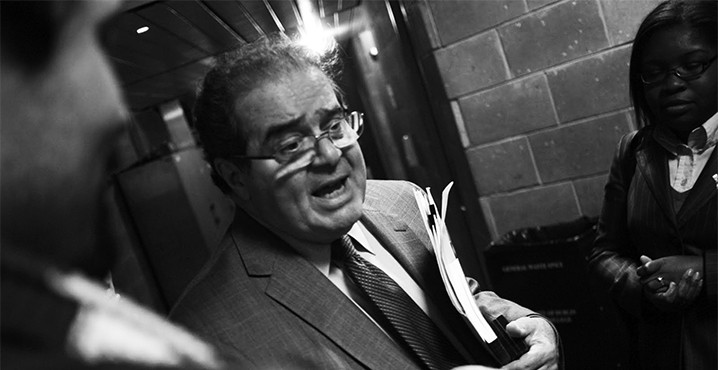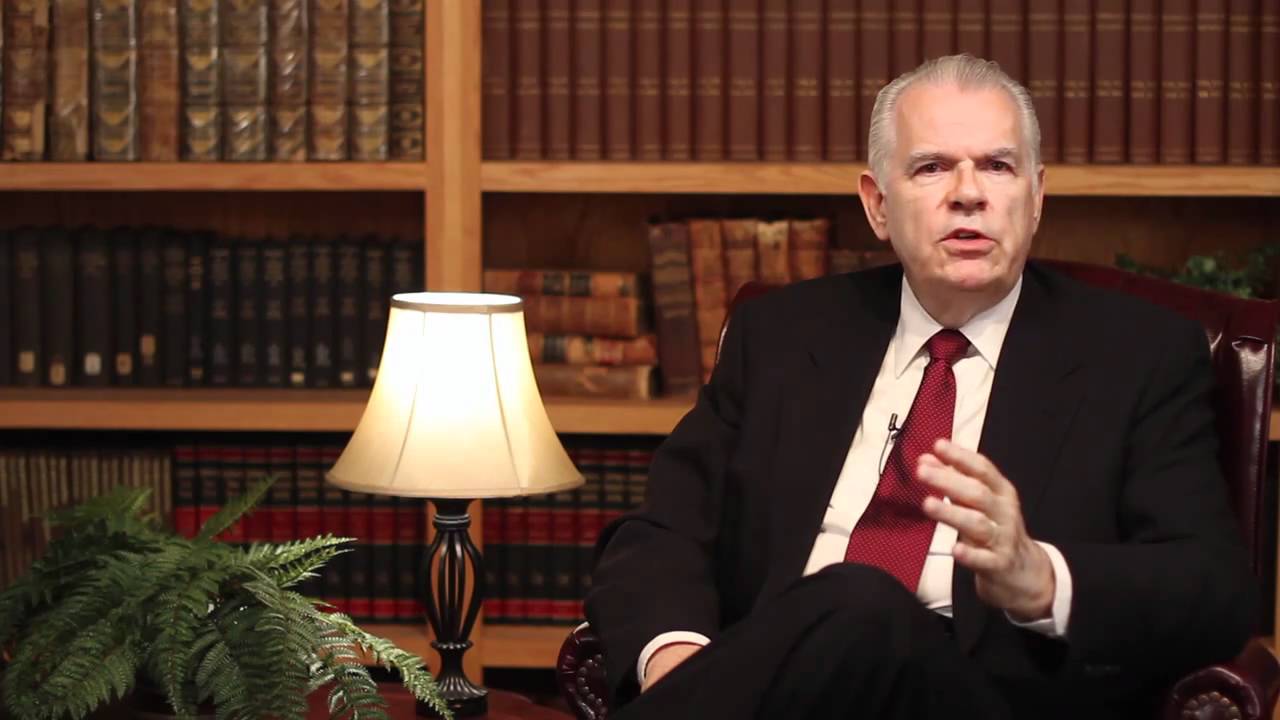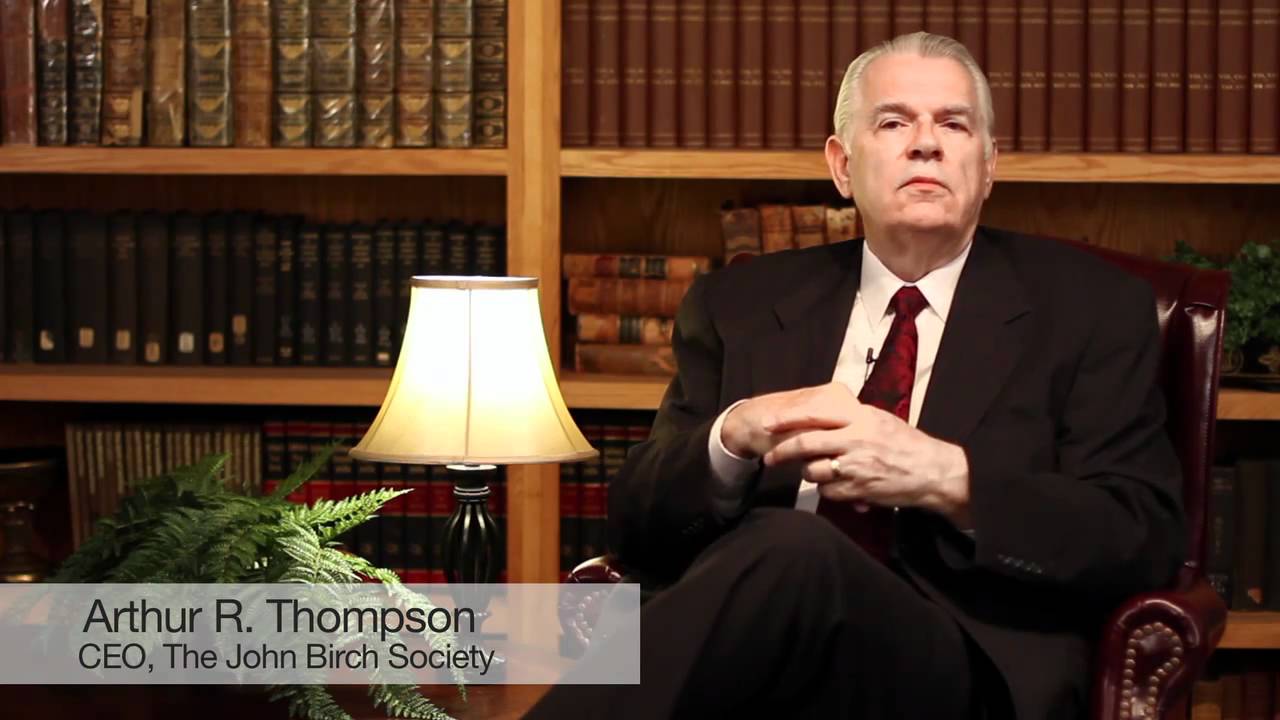The Harsh Reality of a “Convention of States”
What Is a Constitutional Convention?
A Constitutional Convention is an official meeting of representatives of the people of a state or nation for the purpose of writing or amending its constitution. Article V of the U.S. Constitution provides two ways to propose amendments:
- Congress, whenever two thirds of both Houses shall deem it necessary, shall propose amendments;
- Congress, on the application of the legislatures of two thirds of the several States, shall call a convention for proposing amendments.
The first method has been used 27 times; the second method has never been used. Any proposed amendments would have to be ratified by three fourths of the states before being added to the Constitution.
An Article V Constitutional Convention would threaten individual rights and our nation’s very form of government. Individual rights are secured by the Constitution, and a Con-Con would have the inherent power to become a “runaway” convention that could completely change the Constitution. How do we know such a convention could become a “runaway”?
- There’s the precedent of the Philadelphia Convention of 1787, which completely rewrote the Articles of Confederation and changed the ratification procedure; and
- There’s the right of the sovereign people meeting in convention to alter or abolish their form of government (as stated in the Declaration of Independence), which could include rewriting the Constitution and changing the ratification procedure.
Don’t Be Conned into an Article V Convention
Learning From History: What Happened in 1787?
The preceding Annapolis Convention of 1786 recommended a convention with delegates from all 13 states to devise changes to the then-government Articles of Confederation, the first constitution of the United States prior to the current Constitution. These revisions, or changes, to the Articles of Confederation, would need to be agreed to by Congress Assembled (the Congress under the Articles of Confederation) and then be “afterwards confirmed by the legislatures of every state” as required by Article XIII of the Articles of Confederation. Early in 1787 Congress issued a resolution recommending that a convention be held at Philadelphia to “render the federal constitution adequate to the exigencies of Government.” Likewise, the commissions of all 12 states (Rhode Island chose not to participate) instructed their state’s delegate to render the federal constitution to exigencies (or to meet the urgent crisis) of the government. All 12 commissions and a letter from the government of Rhode Island reminded the delegates that whatever came forth from the convention had to be confirmed by the legislatures of every state, in accordance to Article XIII.
Instead of simply revising or amending the Articles of Confederation, delegates at the Philadelphia Convention of 1787 replaced them with an entirely new Constitution. The newly proposed Constitution established a more national form of government as opposed to the strictly federal government that existed under the Articles of Confederation. Justifying these changes not authorized by their state commissions, Edmund Randolph, a delegate from Virginia, urged fellow delegates: “[t]here are great seasons when persons with limited powers are justified in exceeding them, and a person would be contemptible not to risk it.” And rather than adhering to the Article XIII requirement that any alternations would have to be “confirmed by the legislatures of every State,” the newly drafted Constitution would be ratified in accordance to its own mode of ratification found in Article VII.
On September 13, 1788, with only 11 of the 13 states having ratified the new Constitution, the Continental Congress passed a resolution declaring that it “had been ratified.” North Carolina and Rhode Island had not yet ratified and would not do so until nearly a year and a half later. On May 29, 1790, Rhode Island became the 13th state to ratify the Constitution.
What was originally a “limited” convention for the “sole and express purposes of revising the Articles of Confederation” had transformed into a runaway convention producing an entirely brand new Constitution. With such clear precedent, who is to say it will not happen again?
A Crash Course on a Constitutional Convention


